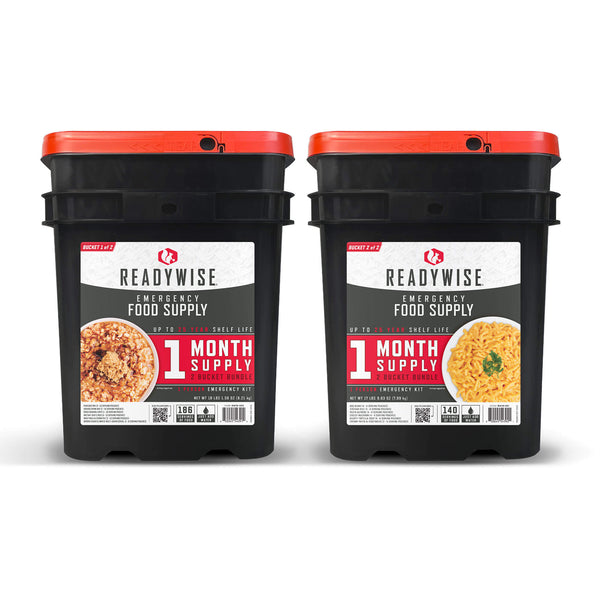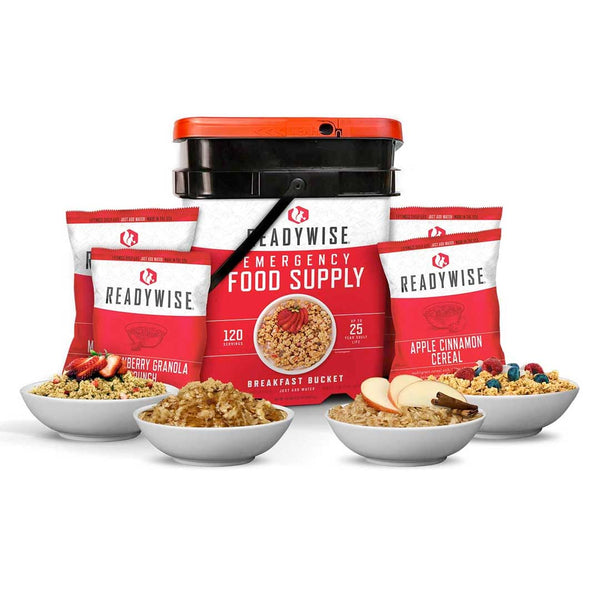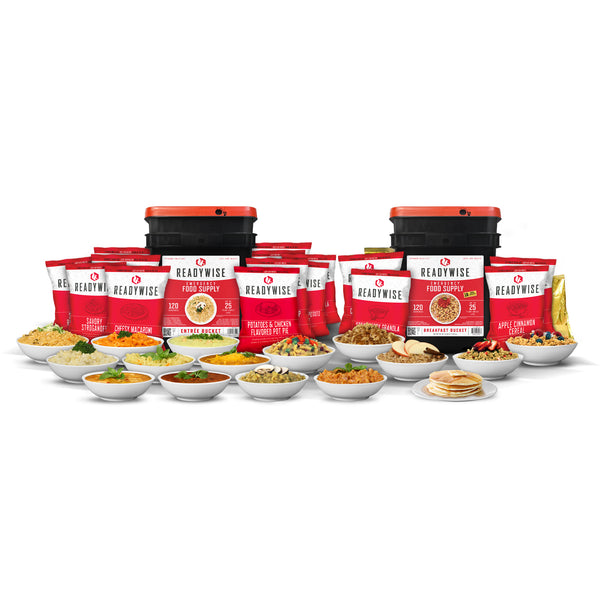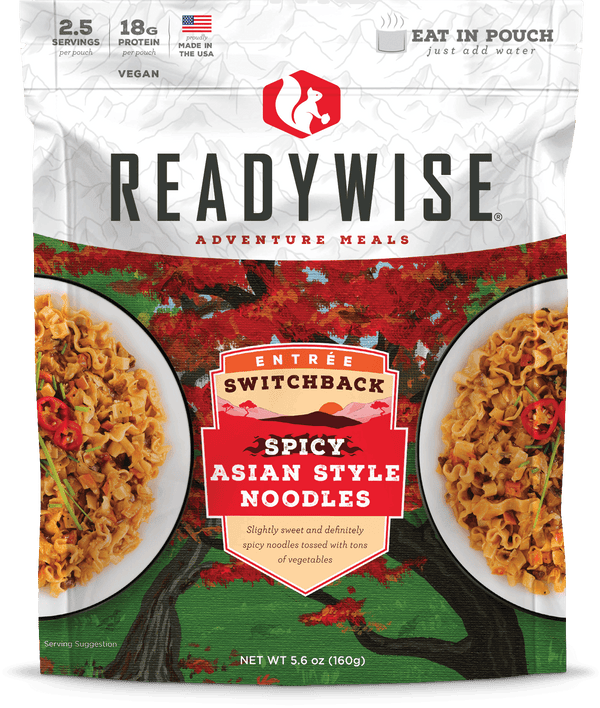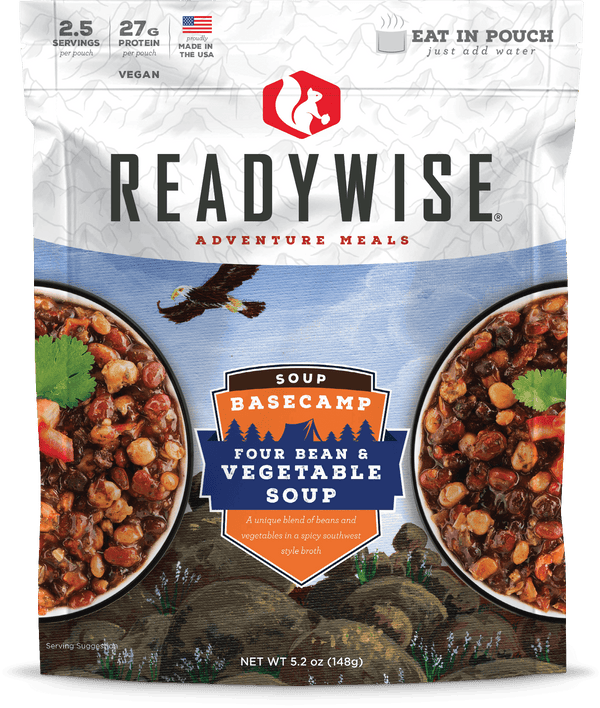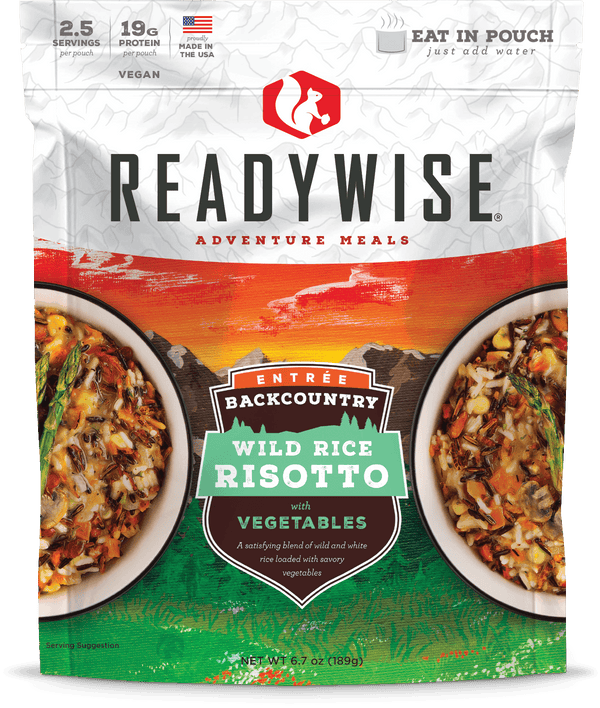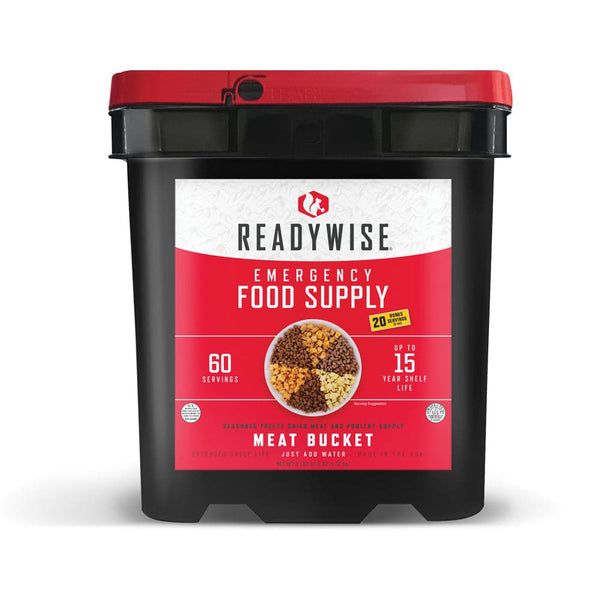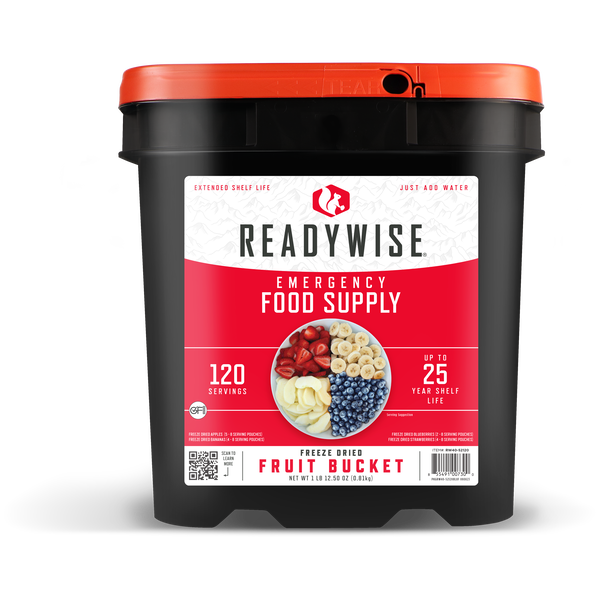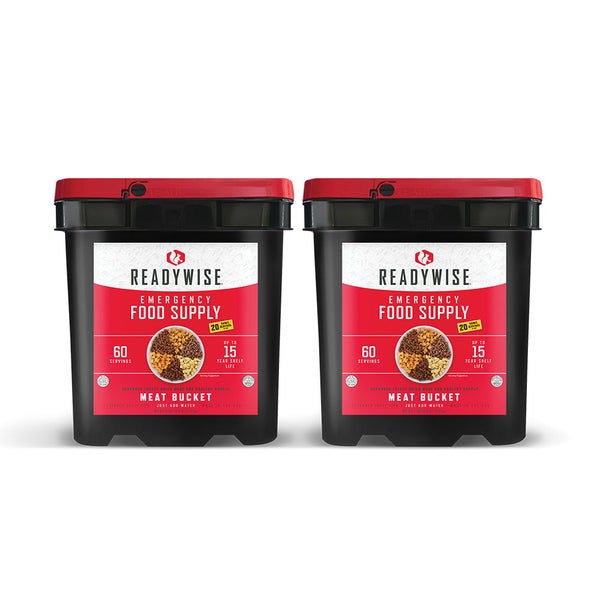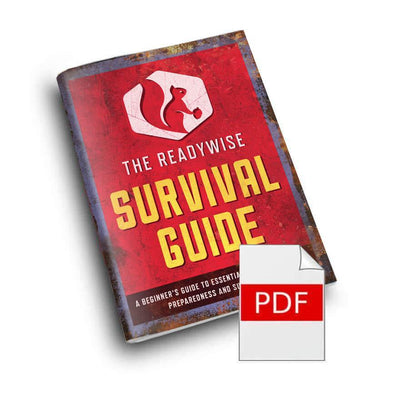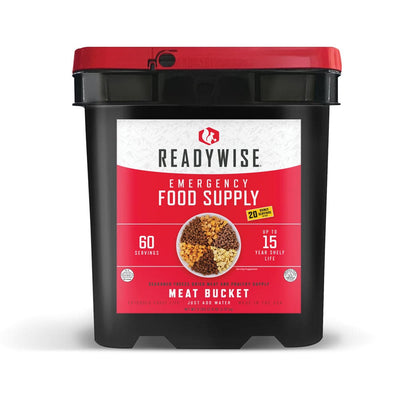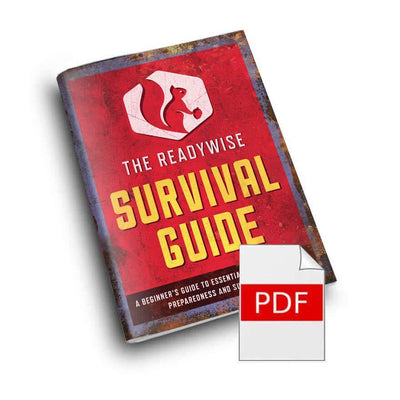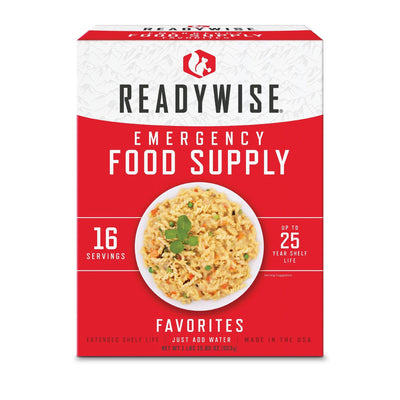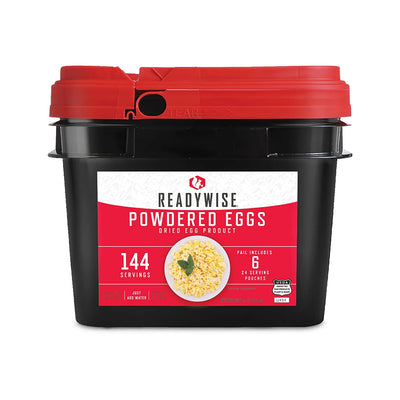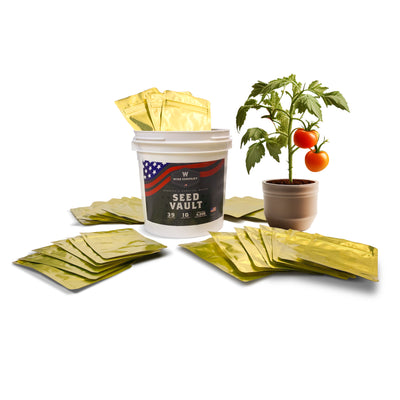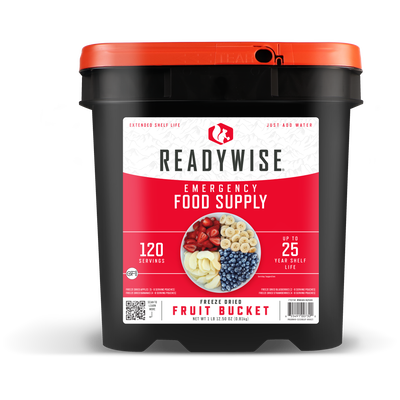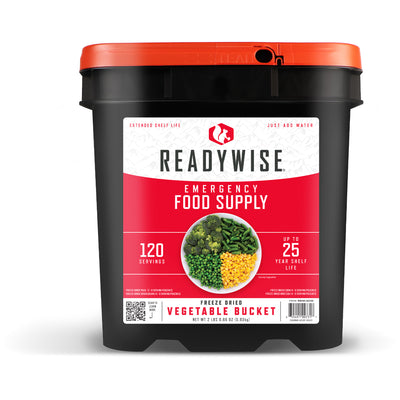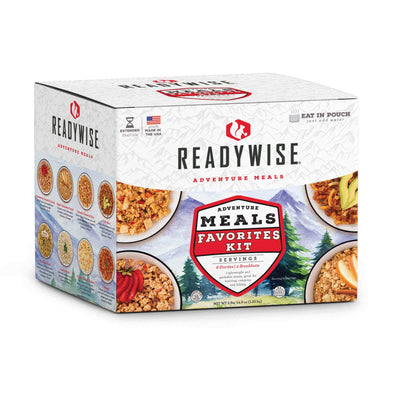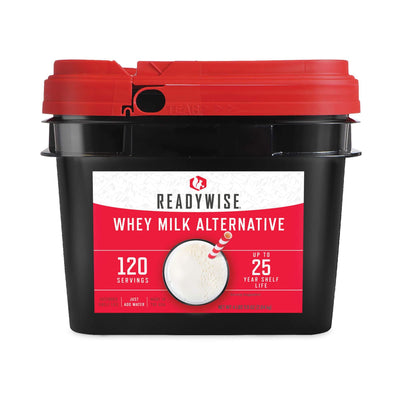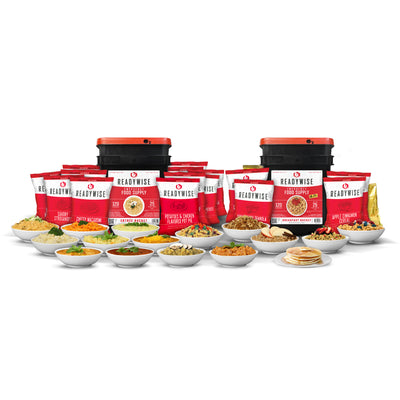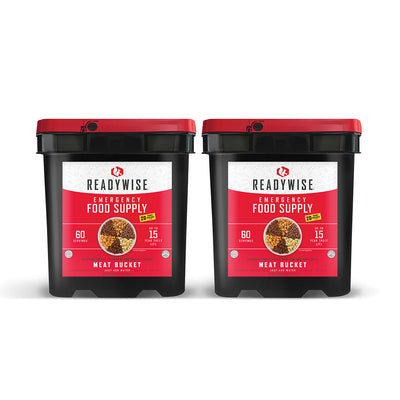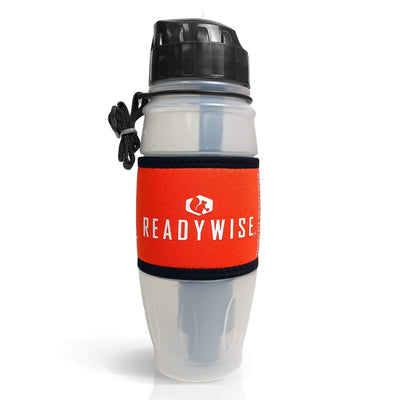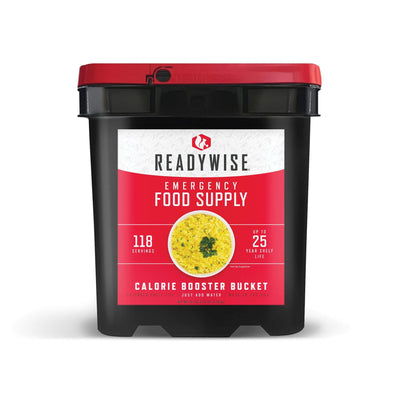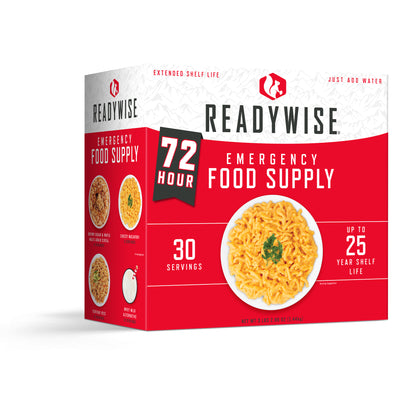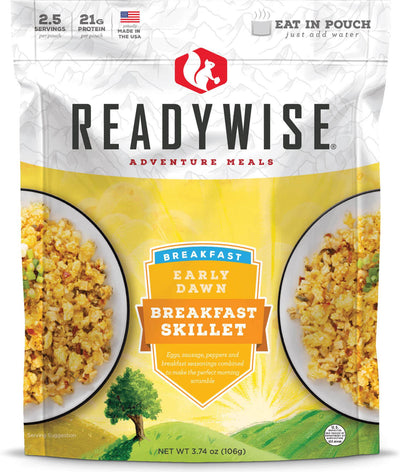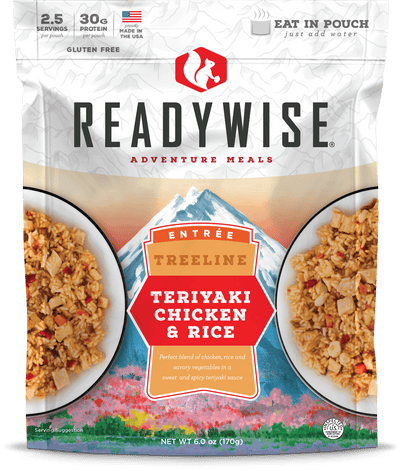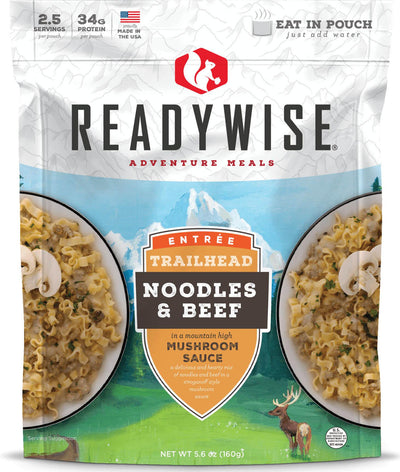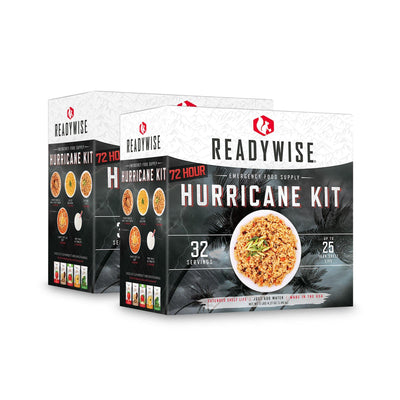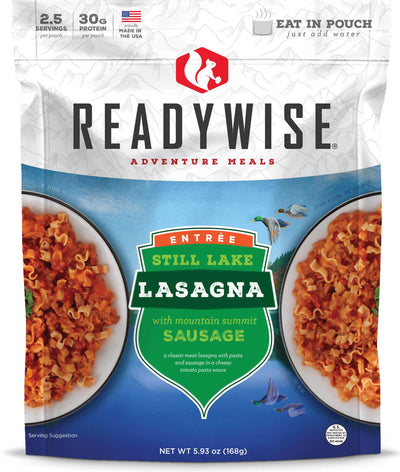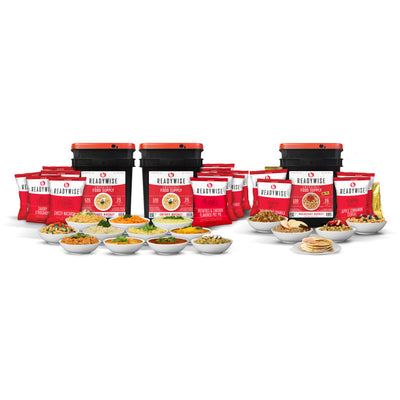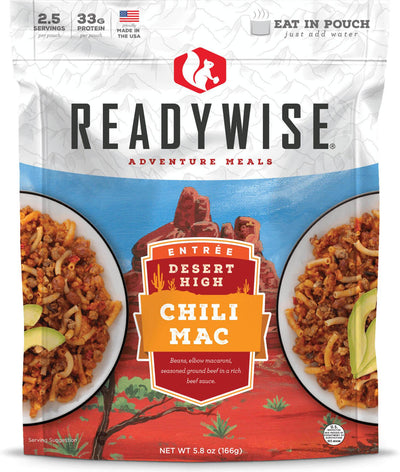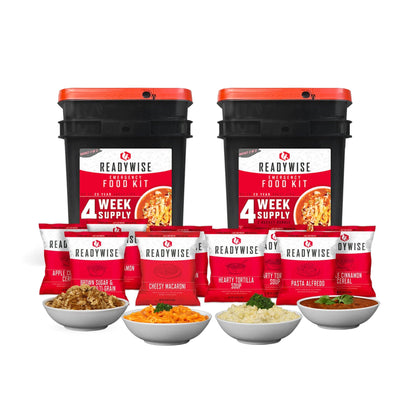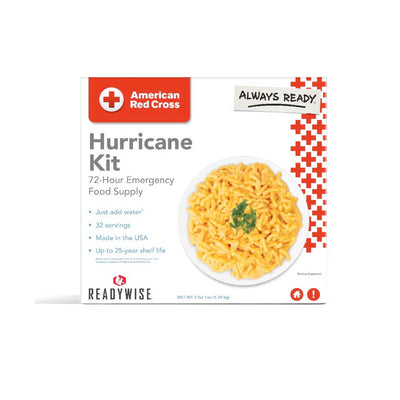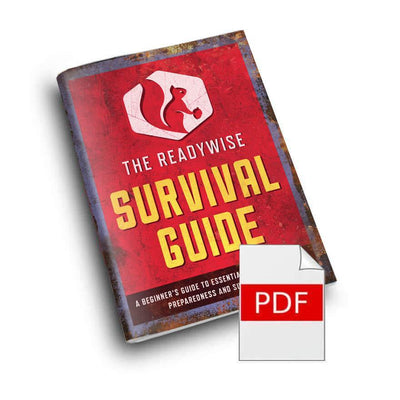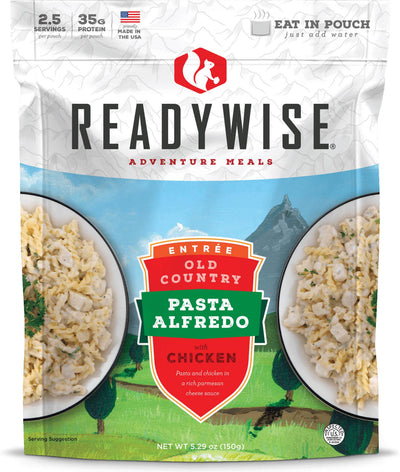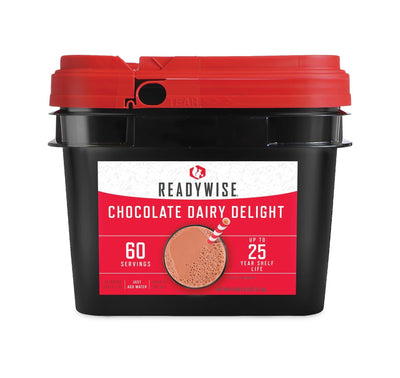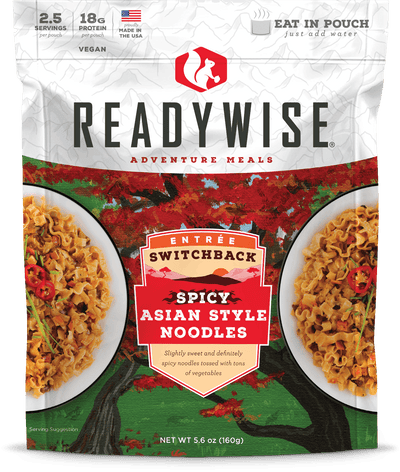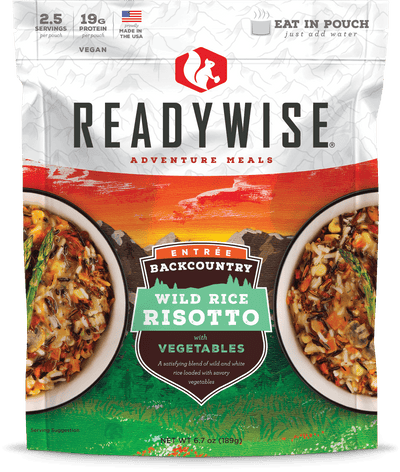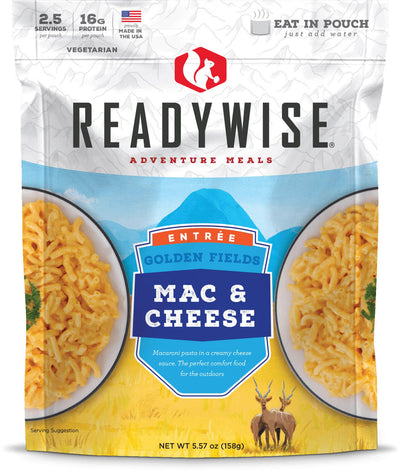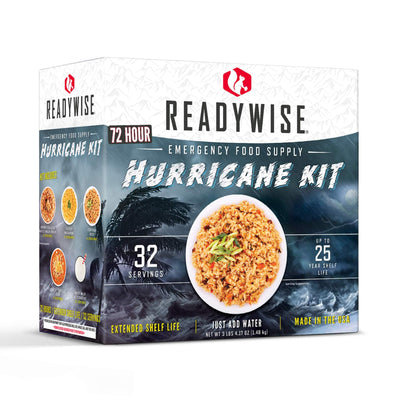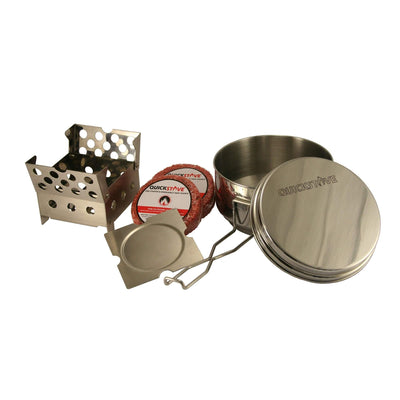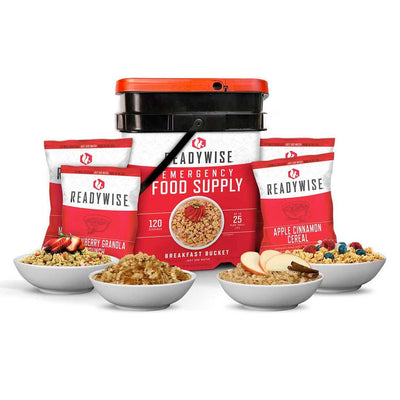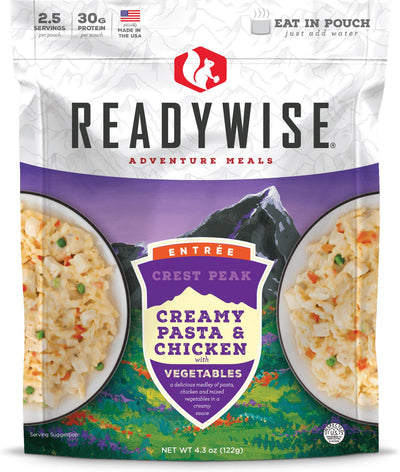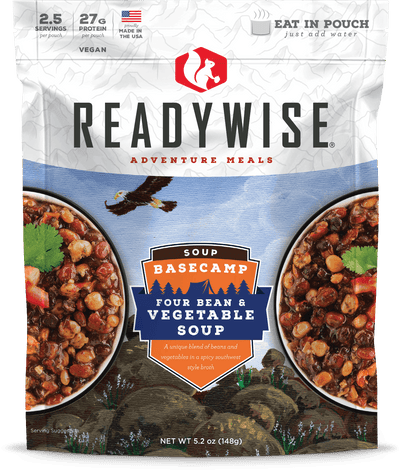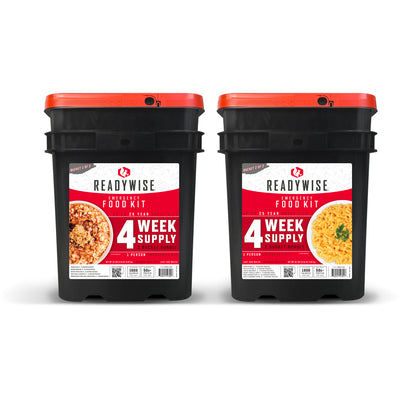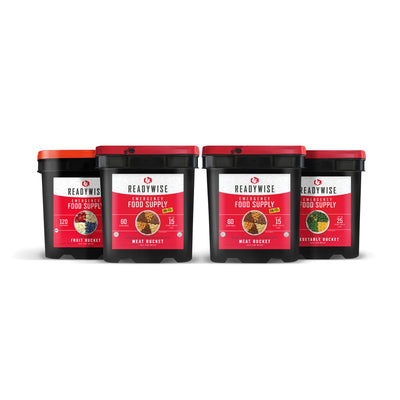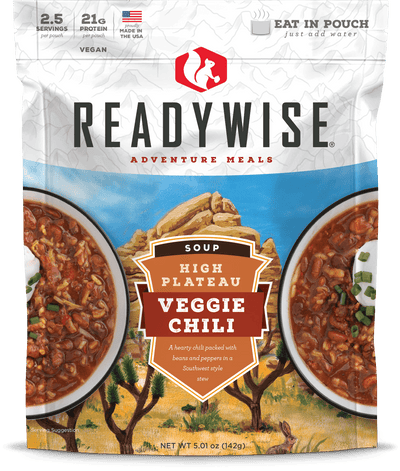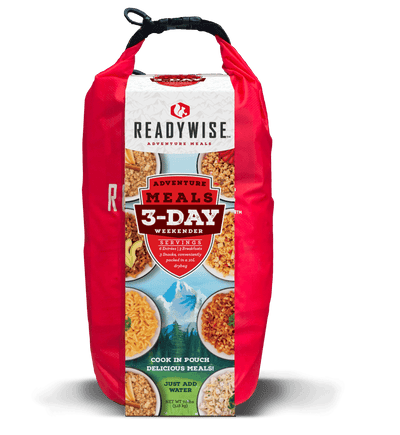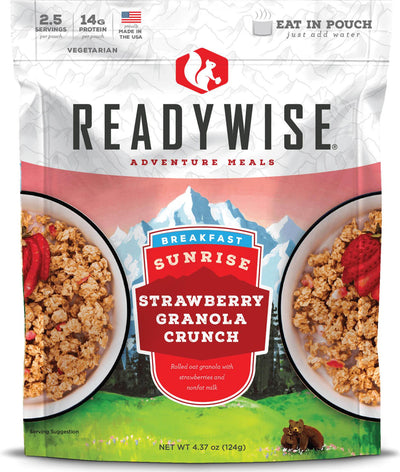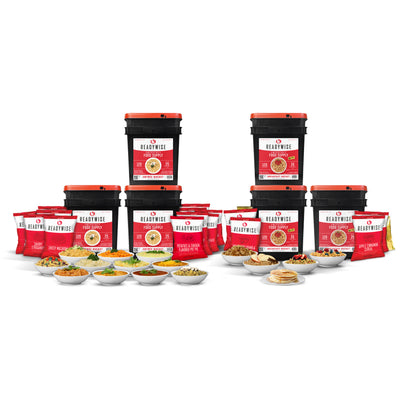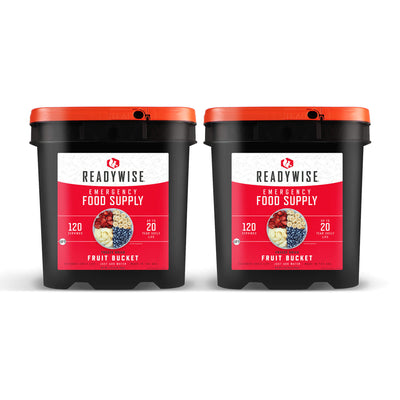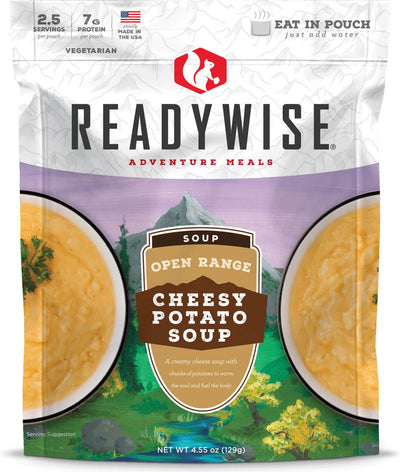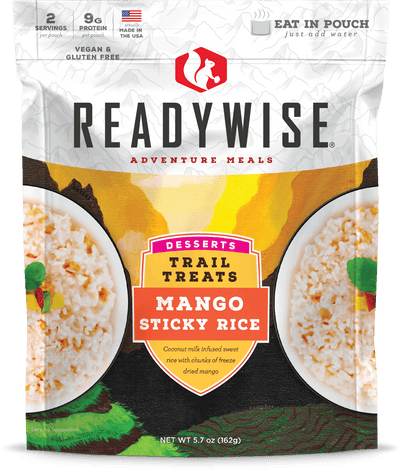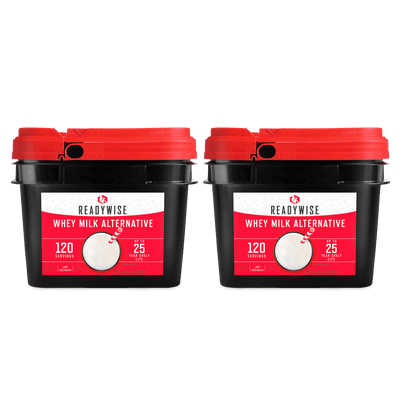Summer Hunting Guide: Tips on Where to Go & How to Prepare
Although many regions’ major hunting seasons are in the fall, some have seasons in August and even earlier. The summer season is a great time to get a head start on the first animals of the year, especially if you live in an area where game populations are limited. In most regions, the summer hunting season is for less popular game, especially invasive species. You can enjoy learning new tactics and making the most of your hunting blinds while avoiding the fall season crowds and strict tag limits. However, the exact availability depends on where you live and are willing to travel to. You’ll need to do some fresh scouting to ensure you understand how animals behave in the summer. Here are the basics of summer hunting for big and small game.
What’s In-Season in the Summer?
Summer season hunting options vary regionally, but generally, deer and other traditional game aren’t in season until late August. Squirrels and jackrabbits are an option in many parts of the country throughout the summer, and pigeons are popular to hunt in farming areas since they’re considered pests.
Collared doves and wild hogs usually have generous bag limits because they are non-native species. However, both require caution when hunting: collared doves shouldn’t be confused with other local doves, and wild hogs are capable of charging and maiming humans. Bears are only for hunting in the winter in some regions, but areas in the west of the country allow bear hunting in the summer. For an exotic hunting experience, try hunting pythons in the swamps of Florida. This is a real challenge, due to the pythons’ tendency to hide in tall grass.
Trying a New Gun
In some cases, you’ll need to change your weapon of choice to take advantage of the summer season. Some localities require you to change to a shotgun or bow when hunting small game. Other times, you’ll want to switch to a more powerful rifle to take down hogs or bears with more confidence. This requires you to brush up on your skills, even if you’ve hunted with these weapons before. Get some practice at a range before heading out to hunt. Fumbling with your bow in the summer heat is a sure way to end up missing a prime shot.

Source: Body Stock/Shutterstock.com
Places to Go
The south and west are the best regions for summer hunting because of the range of wild game available. Both have generous hunting policies usually open to out-of-state hunters, as long as you apply far enough in advance. If you’re only interested in hunting small game like birds and squirrels, almost any state will offer these opportunities. However, states with higher populations and smaller hunting areas typically have restrictions or stricter deadlines for non-residents. Keep an open mind and consider traveling to another state, even if it requires more advanced planning.
Keep in mind that the southeast will be both hotter and more humid than the more mountainous areas of the country. Best practices for heatstroke prevention recommend getting acclimated to the heat slowly, which can take a few days. Schedule your trip so that your scouting and preparation days give you sufficient exposure to the heat before you hunt.
What to Bring
No matter where you go, you will want to bring a hat, sunglasses, Wagan 800W Solar eCase Generator + Solar Panel unscented sunscreen, nutrient-rich food, Army green 20L Dry Bag and bug repellent. Look for sunscreen and repellent that are designed for hunting, as these are specially designed to minimize scents that might alert animals to human presence and scare them away. A hat with a brim that goes all the way around will give you neck protection as well. Your blind is also an essential part of your summer hunting equipment. Even though there will be more leaves to help conceal you in the summer, a blind gives you more leeway in your movements. Choose a portable blind if you’re traveling or build a more permanent blind if you’re hunting close to home. Finally, make sure you have access to a water source and a safe filtration method. You won’t be able to carry enough water for a full day’s hunt, even if you’re in the mountains where the air is cooler. Bring a water filtration tool with you and a way to store at least a gallon at a time.

Source: NordKraft/Shutterstock.com
Preserving Your Kill
Some summer game, like coyotes, are mainly killed for predation and resource management reasons, not for their food. If you are hunting for food, make sure to have a thorough plan for how you’ll cool and preserve the meat as quickly as possible to prevent it from going bad.
Salt goes a long way toward preserving your dressed game, but it’s not enough when temperatures are above 70° F. Some hunters take advantage of nearby streams by putting their dressed kill in waterproof bags and submerging it for a few hours to help cool it until they can place it in a cooler in their truck. Either bring waterproof bags to submerge and chill your kill or have a friend ready with a truck and cooler to bring to your location when you take down your target. Whatever you decide, make sure the meat is as dry as possible before putting it in the bags or in the cooler. The fluids around the meat will spoil faster than the meat itself, especially in high temperatures.
Tips and Tricks
Set up your blind at least a few days in advance of your hunt, if possible, and position it downwind from where you expect game to gather. Although not all game are as skittish as deer, some will notice and avoid new structures in the vicinity. Ensure your blind is as ventilated as possible to keep from sweltering in the summer heat. Since animals need to consume more water in the summer, you should home in on watering holes where they’re likely to spend time. You’ll need to scout out these locations before your hunt since water doesn’t automatically mean that animals will gather there. Environmental factors like lack of shade may keep game away from some spots.
Trial and Error
Like any change in your hunting routine, trying summer hunting for the first time might not go smoothly right away. Be open to suggestions from locals, especially if you’re hunting small game for the first time. With a bit of luck and experimentation, you’ll find summer hunting fulfilling and fun despite the high outdoor temperatures.








